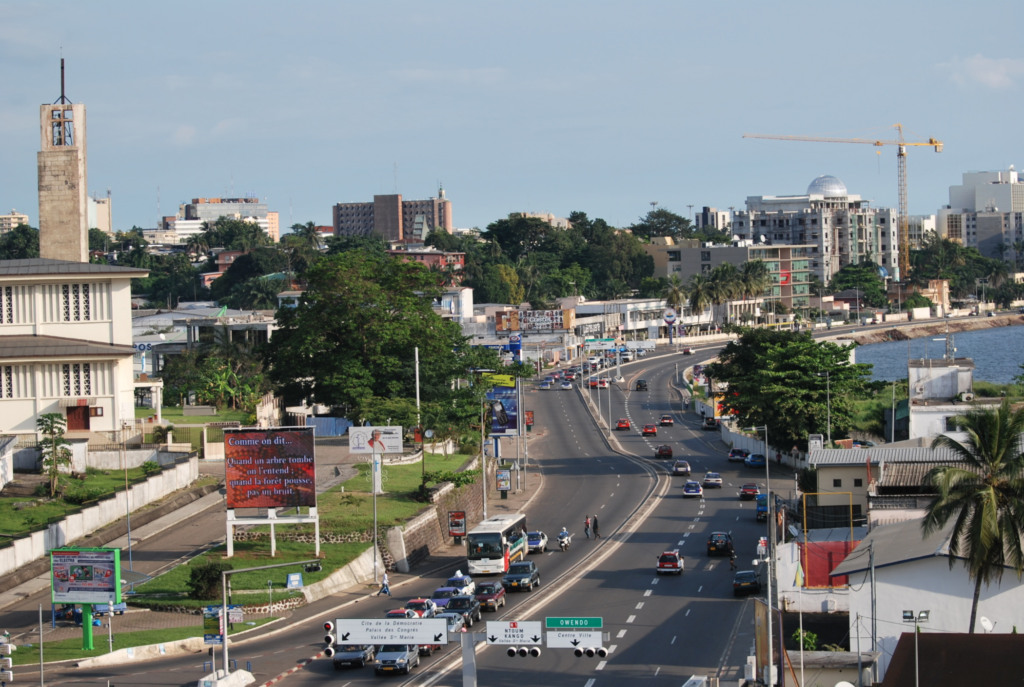
LIBREVILLE, Gabon, 20 June 2023 -/African Media Agency (AMA)/Over the course of 2022, Gabon’s economy has benefited from high oil prices. However, the rise in global energy prices has also led to high fiscal cost which is affecting social spending for the most vulnerable and impacting the environment. Released today, the latest edition of Gabon Economic Update highlights the importance of implementing adequate reforms to limit the economic, environmental, and social costs of fuel subsidies, while strengthening social protection programs to support the most vulnerable and improving fiscal sustainability.
Gabon’s economic recovery picked up, reaching 3.1% in 2022. The country’s trade balance and its public finances have benefited from high commodity prices and a good performance of commodity exports such as oil, timber and manganese. As a result, Gabon recorded its strongest budgetary surplus in 2022 since the 2014 oil price shocks.
However, combined with the impact of the Russian invasion of Ukraine, the prolonged effects of the COVID-19 pandemic on global supply chains have pushed up global food and energy prices. As the Gabonese population, particularly the most vulnerable, was increasingly affected by inflationary pressures, the Government increased spending on fuel and food subsidies to contain the rising cost of living.
In an attempt to contain the rising fiscal cost of fuel subsidies, the Government decided to liberalize gradually fuel prices for industrial consumers from June 2022, while maintaining prices for households unchanged. Despite these efforts, the fiscal cost of fuel subsidies has continued to rise. Government spending on fuel subsidies is estimated at more than 100 billion CFA francs or 0.7% of GDP, representing two thirds of total public spending on health, and more than half of public spending allocated to education for the same year.
“The fiscal and social opportunity costs of subsidies are increasingly high. The report highlights the importance of creating a viable economy that is inclusive of everyone, resilient to shocks, and sustainable. Achieving this will require substantial investments both in infrastructure and human capital,” said Aissatou Diallo, World Bank Resident Representative for Gabon.
This new edition of the Gabon Economic Update focuses on fuel subsidy reforms and stresses that fuel subsidies benefit mainly the richest segments of the population in Gabon. It also shares lessons drawn from the experience of countries that have successfully carried out fuel price adjustments.
“As fuel subsidies benefit mostly the wealthiest segments of the population, it would be important to consider more effective and better-targeted alternatives to support the most vulnerable,” explains Sonia Barbara Ondo Ndong, co-author of the report.
Based on international experience, good practices and possible accompanying measures to make fuel price adjustments socially acceptable and minimize the impact on the population include:
- Prioritizing reforms of fuels that benefit the richest segments of the population and that represent the highest fiscal cost;
- Adopting a temporary price-smoothing mechanism that strikes a balance between excessive price volatility and fiscal risks;
- Staggering the reform to allow households and firms to adapt and deploy mitigation measures;
- Engaging in consultations with all stakeholders and conduct communication campaigns to address the concerns of the different economic groups;
- Adopting targeted measures to mitigate the impact on the most vulnerable and on key sectors for the economy, by strengthening social safety nets and increasing social spending.
Reducing fuel subsidies could free up resources to support a counter-cyclical fiscal policy and address development challenges.
“The experiences of countries that have implemented fuel subsidy reforms show that there is no standard single set of actions for this type of reform. On the contrary, measures need to be the subject of public debate, to be identified and designed to reflect the concerns and characteristics of each country,” said Erick Tjong, co-author of the report.
Distributed by African Media Agency (AMA) on behalf of The World Bank

